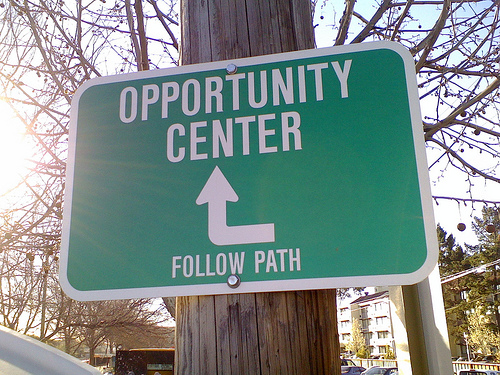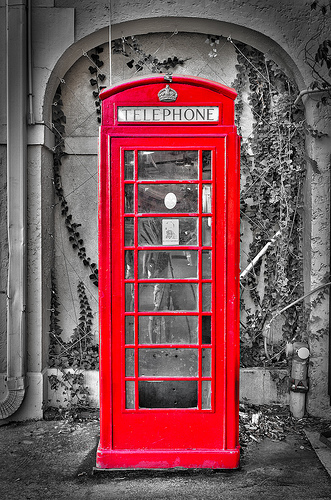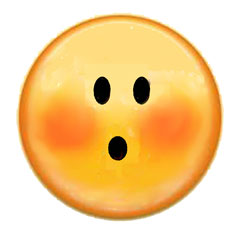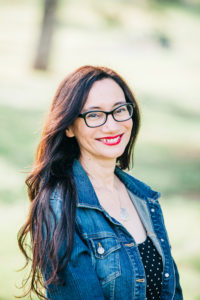
Image from Flickr by Guerrilla Futures
The writing part is hard enough. By the time you’ve crafted your essay, poem, or short story, you’ve been through countless revisions. Triumph and frustration. You’re exhausted, but ecstatic—because you’re done. Yay!
Only, if your goal is to publish, you’re nowhere close to done.
The daunting task of researching markets has kept many fine stories buried in desk drawers and computers. Don’t let this happen to your story. There’s a good chance it can find a home in one of over 800 publications seeking work in Poets & Writers’ literary database.
No, I didn’t type an extra zero. That number is 800. Don’t believe me? Here’s the link:
http://www.pw.org/literary_magazines
Poets & Writers not only lists these publications for you but includes
- whether they take simultaneous submissions.
- whether they take electronic submissions.
- what their reading periods are.
- whether they pay.
- which genres and subgenres they’re looking for.
Most also have a website for further information, and sometimes you can view content to see if your writing is a good fit.
I’m a big fan of P&W. I subscribe to the magazine, and of all my writerly pieces of mail, this one’s my favorite (okay, except for acceptance letters). This may be partly sentimental; the first publication to send me a “Congratulations!” letter was SLAB Literary Magazine, and guess how I discovered them? In the classifieds at the back of Poets & Writers. I still have the copy with that advert highlighted in yellow.
Another publication I highlighted was Hospital Drive, and months later I would submit a story to them called “The Distance Ratio” which they went on to publish. The bottom line is that Poets & Writers is a great resource for finding markets.
It’s also a great resource for in-depth articles and interviews, so I recommend subscribing, but you don’t have to be a subscriber to gain access to the literary database. You can follow the link above or visit the website at www.pw.org, click “Tools for Writers” and then “Lit Mags.”
As a writer, what’s more motivating than viewing a list of nearly 1,000 publications seeking your work? Go, scroll through, pick one you feel good about, and submit something. Yes, right now.
Keep hanging out with me. Type your email address in the box below (mobile) or to your right, and hit the subscribe button. 🙂

















Connect With Me